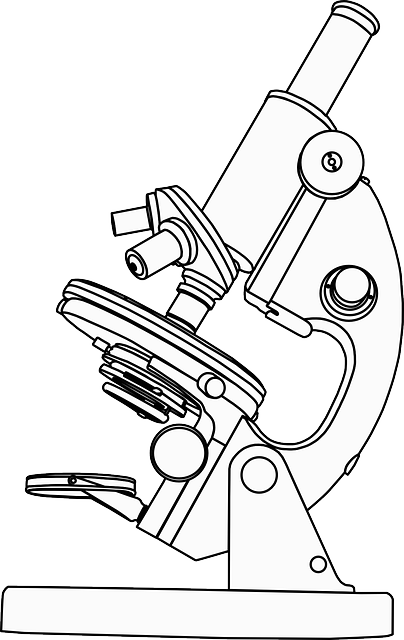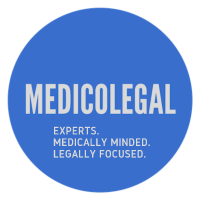
Cases brought against the manufacturer of goods, following an injury caused by an inherent defect within the good, are not based on a theory of negligence, but on a theory of product liability. The manufacturers are liable for products that cause harm because they represented that the products were safe when they made them.
Causation in Product Liability Claims
In preparing for jury trials, we recognize that product liability cases often hinge on causation and the complex expert testimony which typically surrounds the issue of causation. Therefore, one of our points of focus is understanding how jurors make determinations of causation in particular cases and on building strategies for overcoming problematic common-sense causation notions.
First, there is general causation, which concerns whether the defendant’s misconduct can cause the damage. Second, there is specific causation, concerning whether the capacity to harm was actualized in our particular case.
Most of the times, product liability cases require excellent and constant communication between technical experts and us. They involve extensive pretrial discovery which demands a perfect understanding of the contained scientific terms so that we can present the case as clearly as possible to the judge and jury. The significant aspects of the case must be extracted and then filtered to get to the vital elements.
We have to be familiar with the jurors’ way of thinking, fundamental beliefs and strategies because this helps us understand better how to represent our client. Studying the jury facilitates a valuation of the case and ultimately can contribute to a favorable settlement.
The Testifying Expert Is Crucial in Science-Based Litigation
Proving a product had an unreasonably dangerous defect is difficult. Doing so requires compelling expert witnesses able to withstand a barrage of analysis and objection from companies’ lawyers with deep pockets. Courts are also understandably anxious about stating that a product should never have been produced.
Product liability cases often relate to many complex subjects and, therefore, it is recommended to prepare a proper presentation of the proof, including experts from all the fields involved and careful use of specific terminology. Consistent utilization of particular terms and correctly defining them can be critical in trials.
If the product cannot be associated with the injuries of the plaintiff, the defended cannot be held responsible for the respective charges. Medical malpractice lawsuits are common product liability trials based on a claim that the use or exposure to a particular device or substance led to the injury. Scientific research and results interpretation is needed to sustain the claim. Therefore, we make sure that the witnesses are highly qualified, able to inform the jurors and credibly communicate with them. The witnesses must be familiar with the possible twists and turns that the trial can take in court.
Presenting the scientific aspects of the case is most often decisive in a product liability trial. Consequently, we aim for an understandable presentation of the relevant science concepts to obtain a decision that will not free harmful devices manufacturers from charges. We keep in mind that jury members are not experts or researchers and seek justice by presenting science and engineering-based knowledge in an accessible form, both for the judge and the jury.
Reprinted From: Causation in Product Liability Claims



